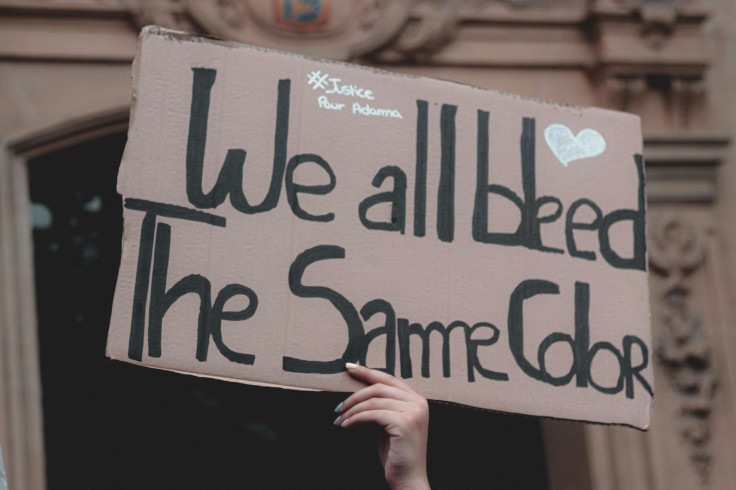Black Historical Leaders, Neuroscience And Theater: How DEI Expert Nicole Javanna Johnson Fights Systemic Oppression

According to the National Museum of African American History and Culture, systemic oppression refers to the individual, institutional, and societal forms of inequity. These systems are baked into the foundation of culture, society, and legal structures. Since racism, classism, and many other forms of oppression have been present since the beginning of human civilization, societal institutions--like governments, education systems, and private companies--all contribute to the oppression of marginalized groups and the continuous elevation of dominant groups whether intentionally or unintentionally.
Diversity, equity, inclusion, and accessibility (DEIA) efforts have been created to address these problems. As these initiatives have become more widespread, many professionals are creating innovative curriculums and frameworks for unpacking unconscious bias. Nicole Javanna Johnson, Broadway DEI Director, and Black storyteller, is championing a new form of DEI that leverages Black historical leaders, facilitation, and education to dismantle systemic oppression experienced by communities of color. Nicole founded The Harriet Tubman Effect (HTE) in 2020 as a behavior change mechanism for privileged people of all backgrounds to unlearn bias and reallocate wealth to marginalized groups.
Nicole has a diverse background spanning performance theater, K-12, higher education, corporate America, city government, and the nonprofit sector. In all of these spaces, Nicole continuously encountered workplace trauma. Whether it was financial inequity or outright bigotry, she was tired of handling these painful situations. However, Nicole realized that her direct and honest nature was the undercurrent allowing her to recognize forms of oppression in her workplace.
Right before Nicole founded The Harriet Tubman Effect, she shared her experiences of oppression in a public opinion piece. The story became a shining light for other creatives facing similar mistreatment during the peak of the pandemic. It also inspired Nicole to tackle systemically oppressive structures head-on with the help of her colleagues in her self-designed Edify 5-step program. At the same time, Nicole was pursuing her master's program centered on educational leadership, politics, and advocacy at NYU. The intersectionality of these studies encouraged workplace professionals to pursue more practical ways to apply their learning, specifically through participatory action research.
The local community deeply resonated with the Edify curriculum, highlighting how storytelling has helped dismantle systemic oppression throughout history. Since there was much demand for curriculums and classes using new frameworks, Nicole began teaching the Edify five-week curriculum to several cohorts. The program's success showcased that the stories of Black historical figures could provide context to current systems of oppression and founding an organization with more services could have a greater impact on society.
Since founding The Harriet Tubman Effect, Nicole has begun her doctorate program focusing on educational theater and the neuroscience behind DEI. She is exploring how unconscious bias can be addressed through self-awareness, interpersonal mediation, and education. As Nicole works to finish her research and expand The Harriet Tubman Effect impact, she hopes to begin a pilot Playmaking program that will empower young Black and Brown people to navigate challenges and for allies to support the creation of equitable societal structures.
If you're interested in becoming a founder, fellow, or justice advocate, visit The Harriet Tubman Effect website for more information.
© Copyright IBTimes 2024. All rights reserved.




















